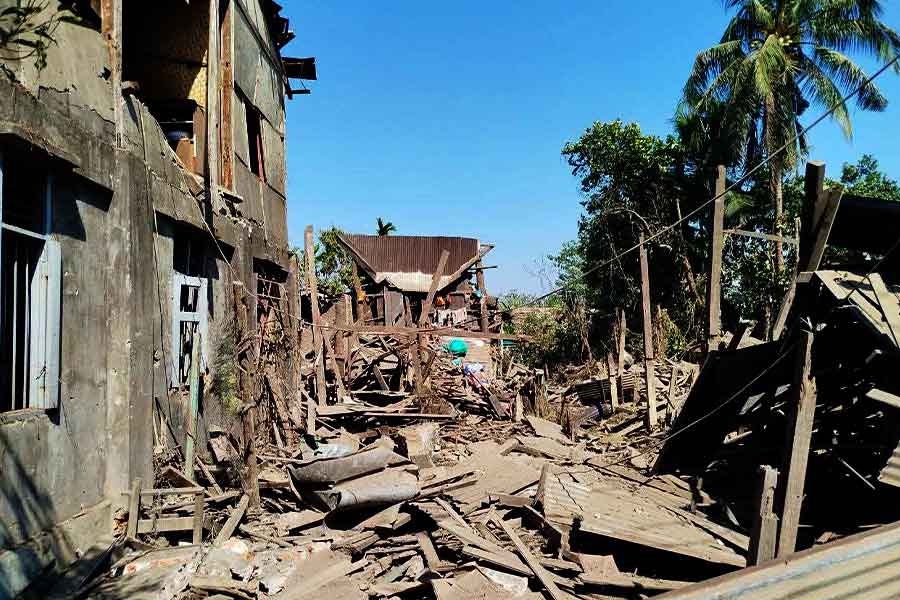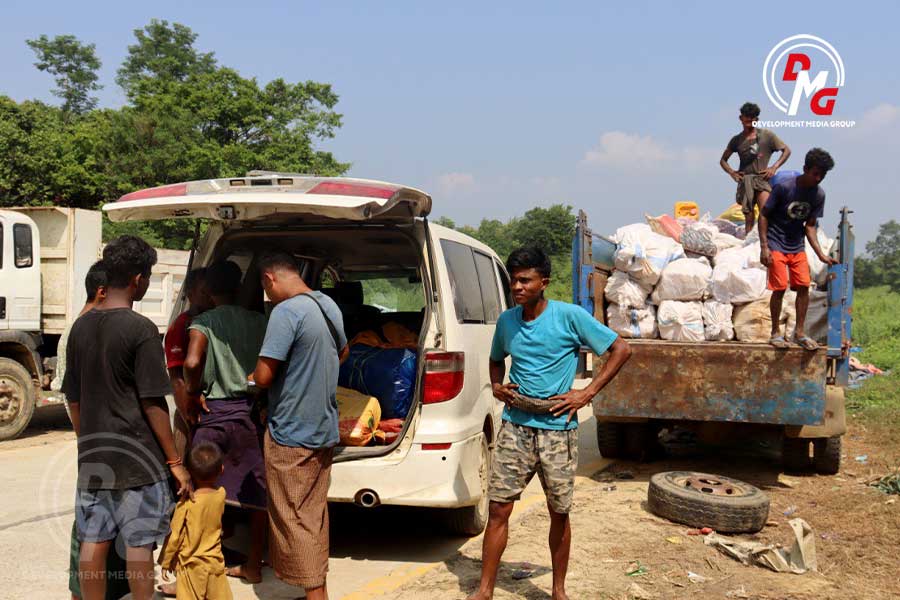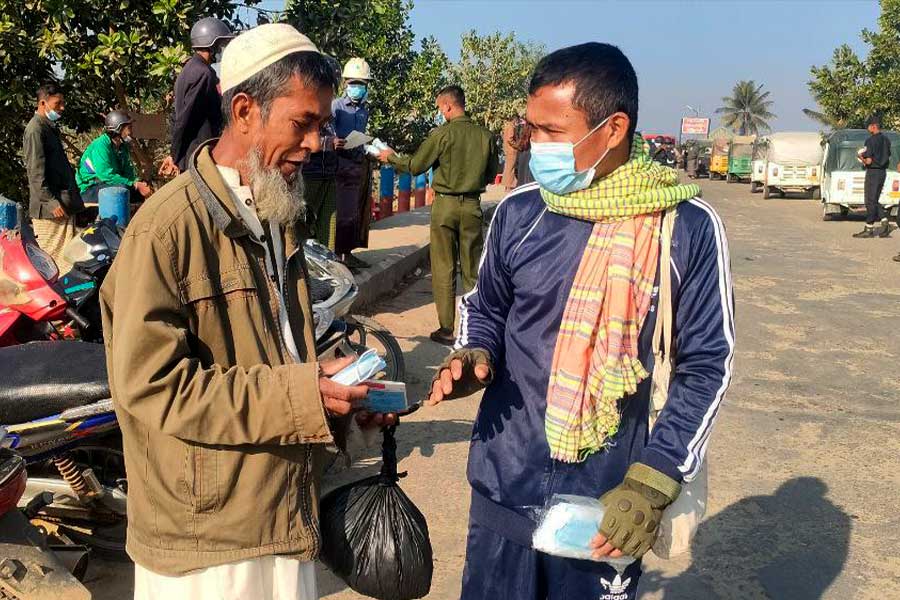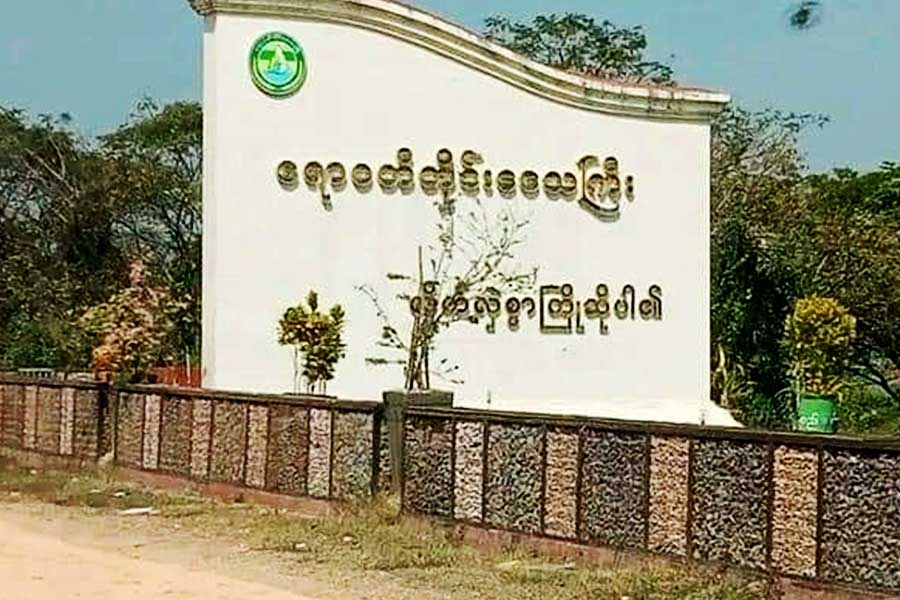Health Ministry to provide HPV vaccine to over 80,000 school-age girls in Arakan State
More than 80,000 girls between the ages of 9 and 12 in Arakan State will be vaccinated against cervical cancer on September 18, and the female general public will be vaccinated beginning in October, according to officials from the junta’s Ministry of Health.
14 Sep 2023

DMG Newsroom
14 September 2023, Sittwe
More than 80,000 girls between the ages of 9 and 12 in Arakan State will be vaccinated against cervical cancer on September 18, and the female general public will be vaccinated beginning in October, according to officials from the junta’s Ministry of Health.
Cervical cancer is a common concern among women, so the vaccine should be administered carefully, said Dr. Aung Sis Tun from Ponnagyun People’s Hospital.
“Women are prone to cancer, of which cervical cancer is the most common. So women should get the cervical cancer vaccine. Another thing is that because cervical cancer vaccines are expensive, women should be more careful when getting vaccinated by the health department,” he added.
Known risk factors associated with developing cervical cancer are human papilloma virus (HPV), smoking, marrying at a young age and multiple sexual partners.
The Ministry of Health has said that by vaccinating young girls, the rate of infection with HPV, which causes cervical cancer, can be reduced by 83 percent.
The vaccine that will be administered can prevent four types of the main disease-causing HPV viruses, and can prevent up to 95% of cervical cancer cases.
“It is good to vaccinate girls against cervical cancer,” said Ma Aye Nwe from Sittwe’s Mawlaik Ward. “I want women to get this cervical vaccine urgently. Parents do not ask their children to vaccinate because of the danger. I would like to make sure that the effects of the medicine are explained and that all girls are vaccinated against cervical cancer to prevent this disease.”
Girls between the ages of 9 and 26 are given three doses of the cervical cancer vaccine, with a second dose a month later. According to the health community, the disease can be better prevented by administering a third dose of the vaccine within six months of the first injection.
The health community pointed out that the knowledge and understanding of cervical cancer in Arakan State is still weak.
“What we see around us is that some parents don’t believe even if they will get the cervical cancer vaccine, and they don’t ask their children to get the vaccine. Most people in rural areas do not receive medical checks. Young people are reluctant to attend educational talks about health,” said a female health worker in Mrauk-U Township.
Symptoms of cervical cancer include unusual vaginal bleeding, including bleeding during or after sex, between periods or after menopause; having heavier periods than normal or changes in vaginal discharge; and pain during sexual intercourse.
The rate of cervical cancer around the world is 13.3 cases per 100,000 women, and the death rate from the disease is 6.9 cases. Myanmar’s Ministry of Health has said that 90 percent of deaths due to cervical cancer are in least developed countries.
















.jpg)
